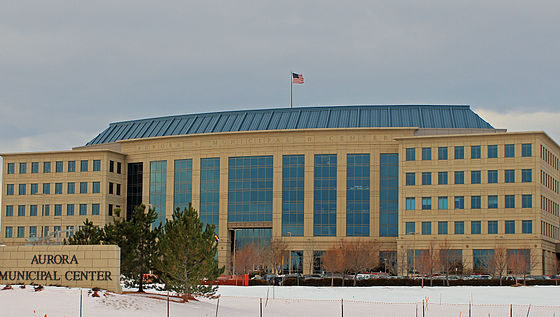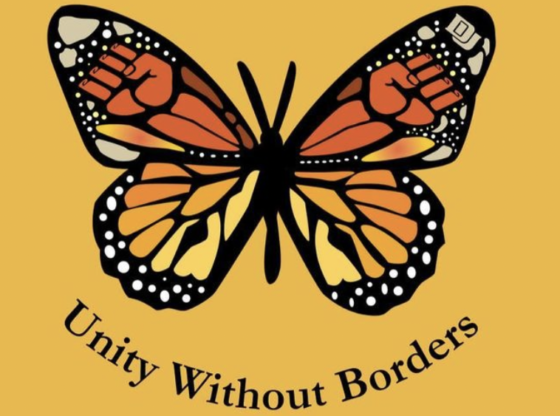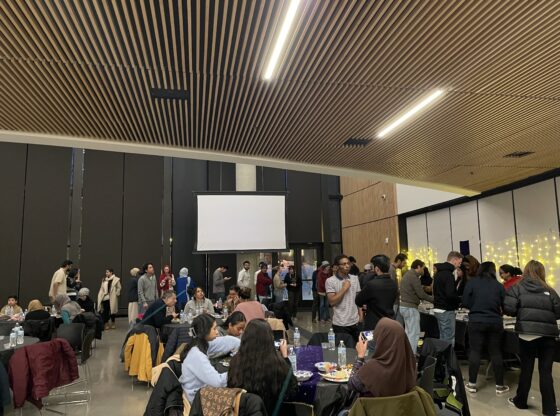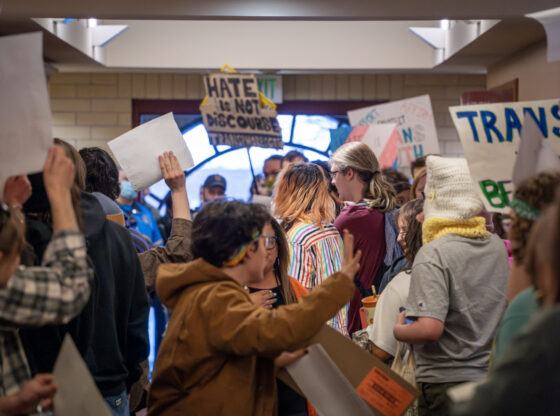The Aurora City Council approved a resolution on Feb. 26, outlining the city’s response to the recent influx of migrants to Denver and its surrounding cities. The new resolution would not accept any migrants without funding to help them.
The resolution, presented at the council’s Federal, State and Intergovernmental Committee meeting, passed 7-3 on Feb. 26, as Aurora residents from both sides of the matter spoke out.
The resolution passed by the Aurora City Council affirms remaining a Non-Sanctuary City and cites not having the financial means to fund new services related to the migrant crisis. The resolution also asks other municipalities and entities not to transport migrants or people experiencing homelessness to Aurora.
Danielle Jurinsky, the sponsor of the resolution, spoke at a committee meeting regarding the new resolution. “If you are going to bring (migrants) in here, if you’re going to bus them in here, we’re asking for an IGA (intergovernmental agreement); we’re asking for that financial support to follow. We will not be shutting down taxpayer services to fund this. So nowhere in here does it say migrants can’t come to Aurora,” she said.
Meanwhile, Denver Mayor Mike Johnston explained the migrant issue could cost $180 million in 2024 and is asking city departments to cut their budget costs by 15% to cover the cost.
“We are asking for financial support, because we are simply stating we are not going to cut our police budget, we are not taking anything out,” Jurinsky said.
Other council members expressed concerns regarding enforcement measures and penalties for violating the resolution. Aurora City attorney, George Koumantakis, noted it’s not enforceable because it’s not an ordinance.
In response, Jurinsky explained there is an enforcement mechanism she discussed with Aurora police attorney Pete Schlute.
“If we have to take this route, we will,” Jurinsky said, “the bus driver that physically drives into the city of Aurora and drops off migrants, that bus driver could be ticketed.”
Dr. Rebecca Galemba, an anthropology professor at DU’s Josef Korbel School of International Studies offered her thoughts on the new resolution.
“I would say it’s disappointing given Aurora being one of the most diverse cities in Colorado, even the country and its long history of being home to migrants and refugees, which has contributed to the dynamism of Aurora,” Galemba said. “We also know that many localities, including Colorado, face a labor shortage and while there may be some stresses in the short-term, the evidence shows migrants benefit the economies and societies into which they settle, through consumption, job creation, innovation, etc.”
If students wish to get involved with the issue, Galemba recommends reaching out to the Migrant Response Network in Aurora, volunteering at a host of clinics throughout the area assisting migrants, filling out authorization paperwork, deferred action and asylum applications, some of which are run in conjunction with the Sturm College of Law’s Immigration Law & Policy Clinic.
Galemba added, “At the DU Center for Immigration Policy & Research (CIPR) we also try to bring community groups and DU together through events, mailers, grants, connecting volunteer opportunities and internship support. Students can sign up at cipr@du.edu or cipr.du.edu.”










